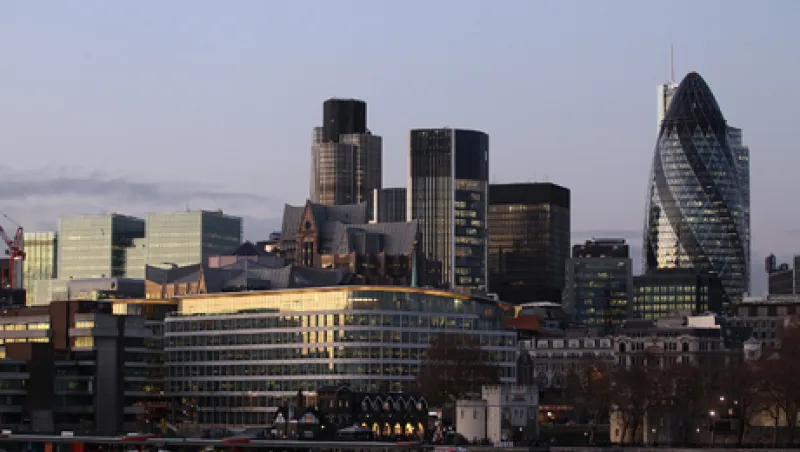
Whale Trade Losses Highlight Regulation in City of London — Again
J.P. Morgan's now infamous whale loss is not the only major trading loss to have originated in London. What does this mean for U.K. regulation?
David Turner
May 31, 2012


